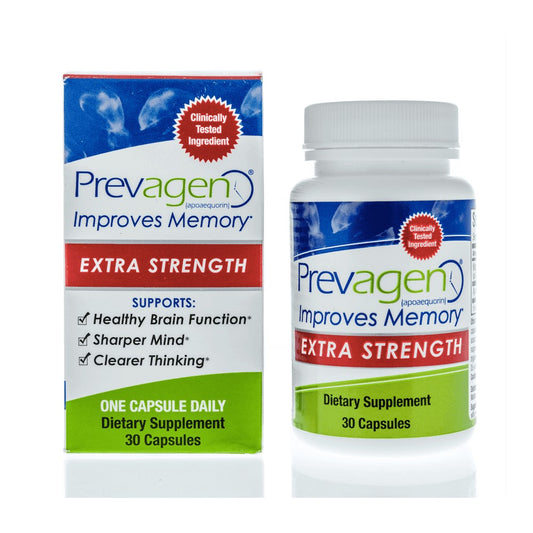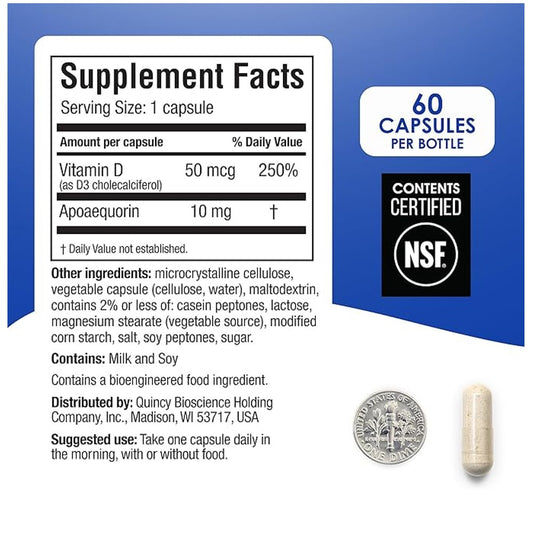Collection: MICROCRYSTALLINE CELLULOSE
Microcrystalline Cellulose (MCC) Overview:
Microcrystalline cellulose (MCC), also known as Avicel, is a purified, partially depolymerized cellulose derived from plant fibers, commonly used in various industries. It is produced by enzymatic or chemical pretreatment of cellulose, followed by mechanical treatment, often using hydrochloric acid for hydrolysis. The resulting MCC is a white, free-flowing powder with excellent compressibility and a variety of uses in pharmaceuticals, food products, and cosmetics.
Key Uses:
In the pharmaceutical industry, MCC is a commonly used excipient in tablet formulations due to its excellent binding and compressibility properties. It helps in the production of tablets that are hard yet dissolve quickly. In the food industry, it is used as an anti-caking agent, stabilizer, texture modifier, and suspending agent. It is found in processed foods to enhance texture and consistency. MCC is also used in cosmetics, acting as a stabilizer and bulking agent.
Forms Available:
MCC is commonly sold as a powder and is available in bulk or pre-packaged forms for use in various applications. There are several grades of MCC, such as Avicel PH101, PH102, and others, each with specific uses in pharmaceuticals, food, and other sectors.
Benefits:
MCC is used as a stabilizer and binder to improve the structure and stability of tablets and capsules. In large quantities, MCC acts as a dietary bulk and may have a mild laxative effect due to its inability to be digested or absorbed. It also serves as an emulsifier and dispersing agent, helping to disperse and stabilize ingredients in different formulations.
Market Overview:
The global market for MCC was valued at approximately USD 885.1 million in 2018 and is projected to grow to USD 1241.4 million by 2023, with a compound annual growth rate (CAGR) of 7%. It is used in various applications, including pharmaceuticals, food products, and personal care products.
Safety and Regulation:
Microcrystalline cellulose is generally recognized as safe (GRAS) by the FDA when used in normal quantities. It is inert and is not absorbed by the body during digestion. It has no appreciable absorption and is not degraded during digestion.
Types of Microcrystalline Cellulose:
Avicel PH101 is commonly used in pharmaceutical formulations. Avicel PH102 is known for its low moisture content and widely used in tablet manufacturing. Avicel 112, 200, and 591 are various grades with specific applications, including food processing and cosmetics.
Applications in Pharmaceuticals:
MCC is widely used in tablet formulations to provide excellent texture and compression, and it is also found in capsules, liquid suspensions, and as a bulking agent in tablets.
Conclusion:
Microcrystalline cellulose is a versatile ingredient with essential uses in multiple industries. Its role as a stabilizer, binder, and emulsifier, along with its applications in pharmaceuticals and food, makes it a crucial substance in modern formulations.
-
Prevagen Regular Strength – Memory Improvement Dietary Supplement, 30 Capsules
Regular price Rs.2,200.00 PKRRegular priceUnit price / perRs.2,130.00 PKRSale price Rs.2,200.00 PKR
Couldn't Find Your Answer?
If you couldn't find the answer you're looking for, our team is here to assist you. Feel free to reach out, and we'll be happy to help!


